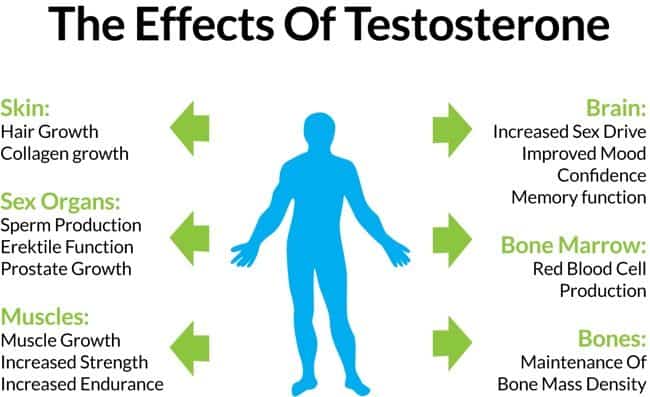
Throughout the day you may eat healthy, are active and are on your way to reaching your weight loss goals. However, if you struggle at night to keep healthy habits, it may be getting in the way of reaching your goals.
What you do before bedtime can have a significant effect on weight. Research studies have shown eating habits, how much sleep, the quality of sleep and even the continuity of your bedtime routine can all impact weight loss or weight gain.
Eating most of your daily calories at night can increase risk for weight gain, so incorporating things that discourage late night eating can be beneficial for weight loss.
If you think your bed time routine is getting in the way of your weight loss, try these healthy tips.
Brush and floss your teeth after dinner
Late night snacking can be tempting and an easy way to get extra calories. If you brush and floss your teeth after dinner, you may be less tempted to eat after dinner.
Clean teeth and fresh breath can deter you from munching. You’ll think twice about eating because you’ll have to brush and floss your teeth again afterwards.
For some, brushing your teeth can also curb a sweet craving because most toothpaste is minty. After brushing, you may not even crave the sweets you did before.
Clear your counters: Put the snacks out of sight
If you are used to eating snacks at night, a simple tip to help reverse this is to put snacks out of sight.
Making small, consistent changes in our habits can help lead to gradual weight loss (1). Shifting your environment during the night, or any time, can help you make smarter choices.
Instead of resisting the urge to reach for the convenient bag of chips, move the bag so you don’t always see it.
Keep counters clear of junk food. Put snacks you are used to eating at night up high in the back of cupboards.
Put healthy snacks in front of the refrigerator. Putting foods out of our line of sight and in harder to reach places can make us less likely to keep reaching for them.
If you want a snack before bedtime, reach for something that will provide fiber, some protein, vitamins and minerals instead of high sugar foods.
Eat most of your calories during the day
Eating most of your calories at night closer to bed time has been positively associated with higher BMI and binge eating (2). Instead of eating a large portion of your food intake at night, shift your food intake to earlier in the day.
Having a bed time snack can be part of a healthy routine, but limiting it to a couple hundred calorie snack that also provides vitamins and minerals in best.
Eating large amounts of food right before sleeping can impact blood sugar and fat storage.
If you struggle with eating most of your food intake at night, start eating more through the day.
It may be hard at first, but over time your body and hunger levels should adapt to where eating more during the day feels more natural.
Going to bed early enough
About 30% of American adults don’t get enough sleep, and 50-70 million adults have sleep disorders according to the CDC (3). Getting enough sleep is important for many reasons, but research suggests it can also have an impact on weight regulation.
People who don’t get adequate sleep at night are more likely to be overweight or obese (4).
Not getting adequate sleep can interfere with hormone levels, blood sugar regulation and appetite levels. Part of a healthy bed time routine for weight loss is going to sleep early enough so you can get adequate rest.
On average, adults need about 7-8 hours of sleep per night.
If you have a hard time falling asleep, try unplugging from all electronics an hour before bed time, reading a book, stretching or other relaxing techniques before going into bed.
Keep your routine regular
Getting enough sleep can be important for overall health and weight loss, but being consistent with your bed time may also impact your weight.
Research from Brigham Young University (5) found that young women who had an unvaried sleep routine had lower body fat levels than women who had irregular sleeping patterns.
Researchers also found that getting less than 6.5 hours of sleep and more than 8.5 hours of sleep was associated with higher levels of body fat.
Going to bed the same time with about an hour of variance was associated with having lower body fat levels.
Of course this doesn’t mean you can just get 8 hours of sleep and you’ll magically lose weight, but having a healthy bed time routine could help your body with weight balance along with other lifestyle factors.
Unwind with healthy outlets instead of eating
If one of your ways to unwind from a stressful day is munching on snacks, pick something else for destressing. We often use food as a way to deal with various emotions, but that can hinder weight loss and health goals.
If you need to decompress before bed, go for a walk, read, stretch, etc. instead of eating.
Remember, if you watch television late at night, it can be easy to munch while you’re distracted by the screen and eat more than you realize.
Don’t associate watching TV with eating snacks; they don’t have to go together.










